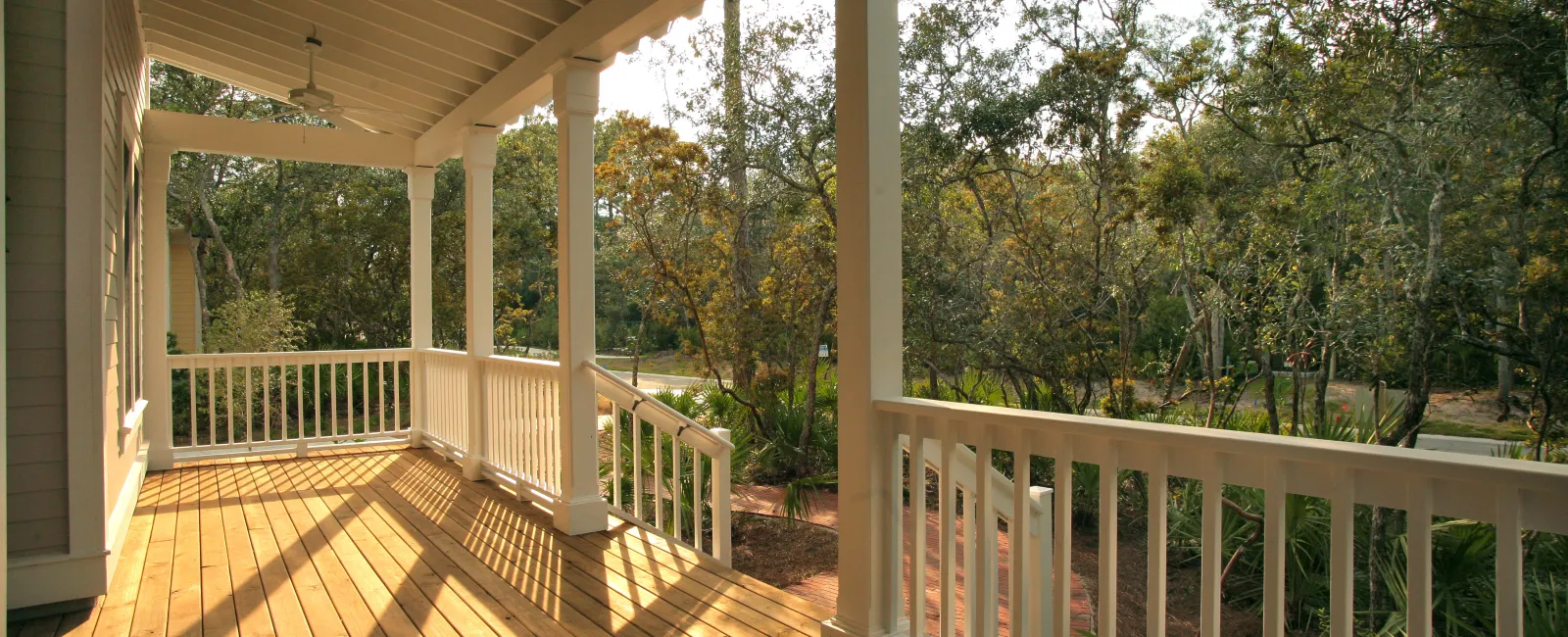Your house's gutter system has the important job of diverting rainwater quickly and efficiently away from your home's siding and foundation. Due to their importance in maintaining the integrity of your home, it is important that you make an educated and informed decision when replacing your gutters. Once you know a bit about the types and materials available, you will be able to more easily choose the best gutters for your home and budget. If you want to know about various gutter types or the differences in gutter materials for your home, reach out to our Atlanta gutter company for details!
Types
There are two basic types, k-style and half-round, named for the shape of their cross sections.
- K-style: K-style gutters don't look like the letter "k", instead they have flat bottoms and backs, and the front of the gutter usually has a decorative, curved shape similar to crown moulding. K-style gutters are the most common option due to their optimum drainage; they have twice the capacity of half-round gutters of the same width, but cost up to 50% more per linear foot.
- Half-round: Half-round gutters consist of a semicircular trough with a curved lip. This style of gutter catches water efficiently but needs help draining the water away from your home.
Materials
Residential gutters are available in a variety of materials, each with their pros and cons. The three most common materials used in residential gutter systems are aluminum, steel, and vinyl.
- Aluminum: Aluminum gutters installations are popular in Atlanta choice due to the fact they are rustproof, lightweight, weather-resistant, come in a wide selection of colors, and can be painted. Their only drawback is that they aren't as structurally strong as other materials, meaning they can be easily dented or bent.
- Steel: Steel gutters are strong, long-lasting, rust-resist, available in multiple colors, and can be painted. Their drawback is their heftier price tag, however the steel gutter installation we offer Atlanta tends to be the sturdiest of the bunch and generally the best investment.
- Vinyl: Lightweight and inexpensive vinyl gutters are usually the most economical choice. They do not rust or corrode and are available in select colors at our Atlanta gutter installation company. The downside to vinyl gutters are is that they fade from UV sunlight and may crack in severe cold.
Downspouts and Gutter Accessories
- Downspouts: Downspouts are available in round, square, or rectangular (the most common) shapes and in widths from 3 to 6 inches. The size and number of downspouts your gutter system needs will vary but a good rule of thumb is to add one downspout for every 30 to 40 linear feet of gutter. To increase the capacity of your gutter system, add more downspouts.
- Downspout brackets: These brackets secure downspouts to your home and are available in several decorative finishes and designs.
- Gutter guards: Gutter system maintenance is much easier with gutter guards. These guards block leaves and debris while still allowing water to flow through your system.
Installation: DIY or Professional?
Leave your gutter and roofing needs to the professionals at our gutter company in Atlanta. Our patented design gutter system is worry free, maintenance-free and cost-effective. We know exactly what we are doing and always deliver a customer approved outcome. Contact us or request a FREE quote today.

